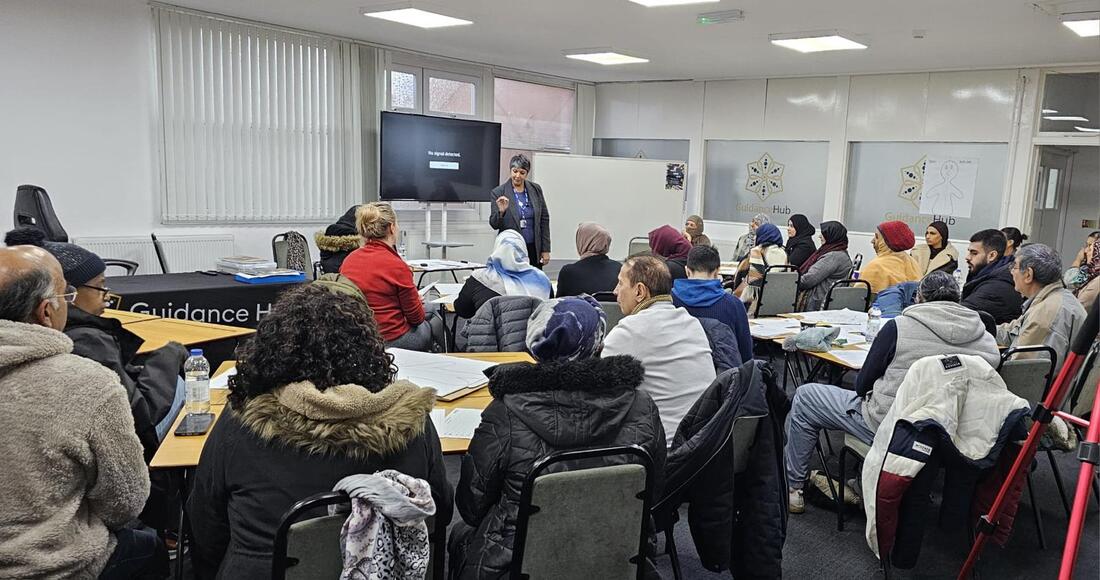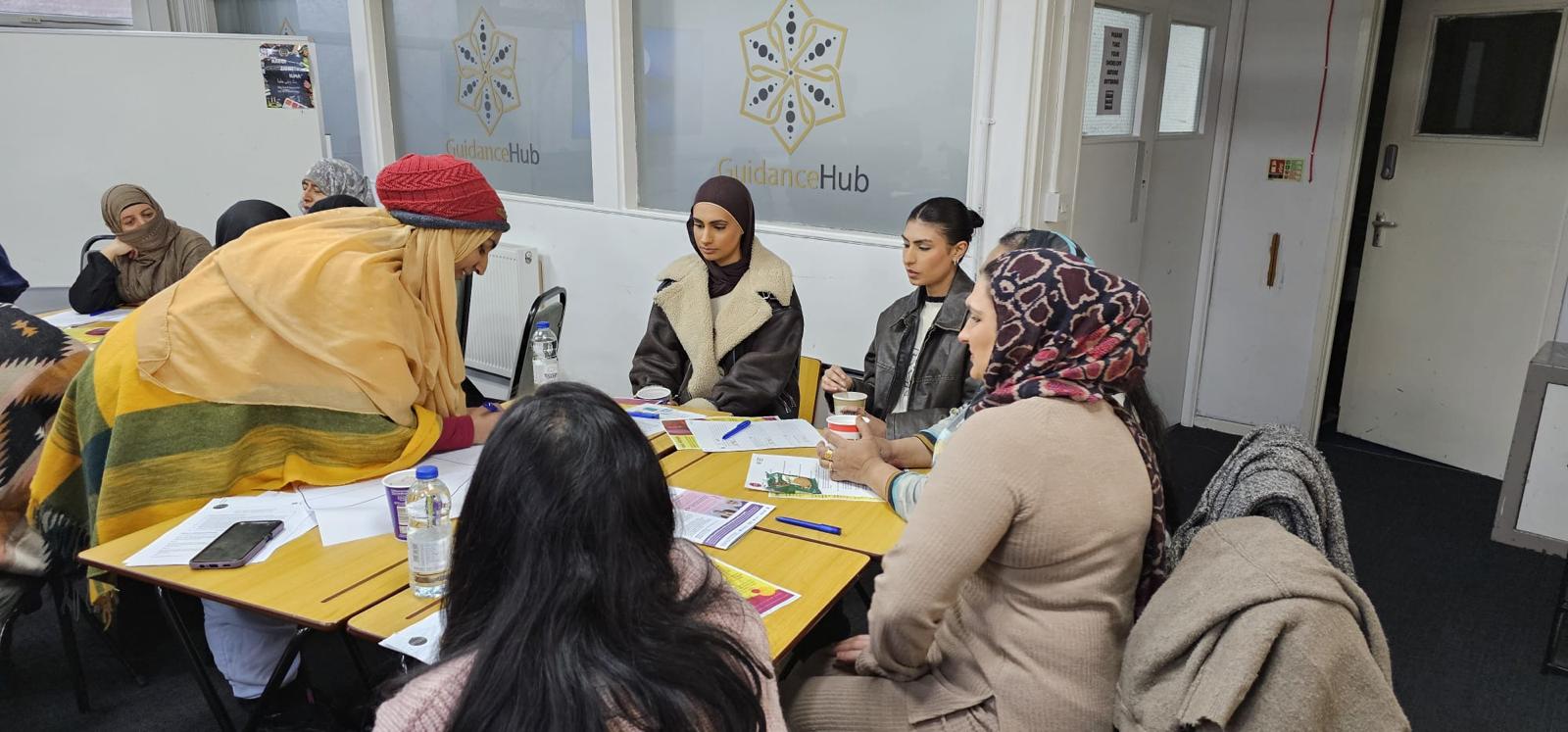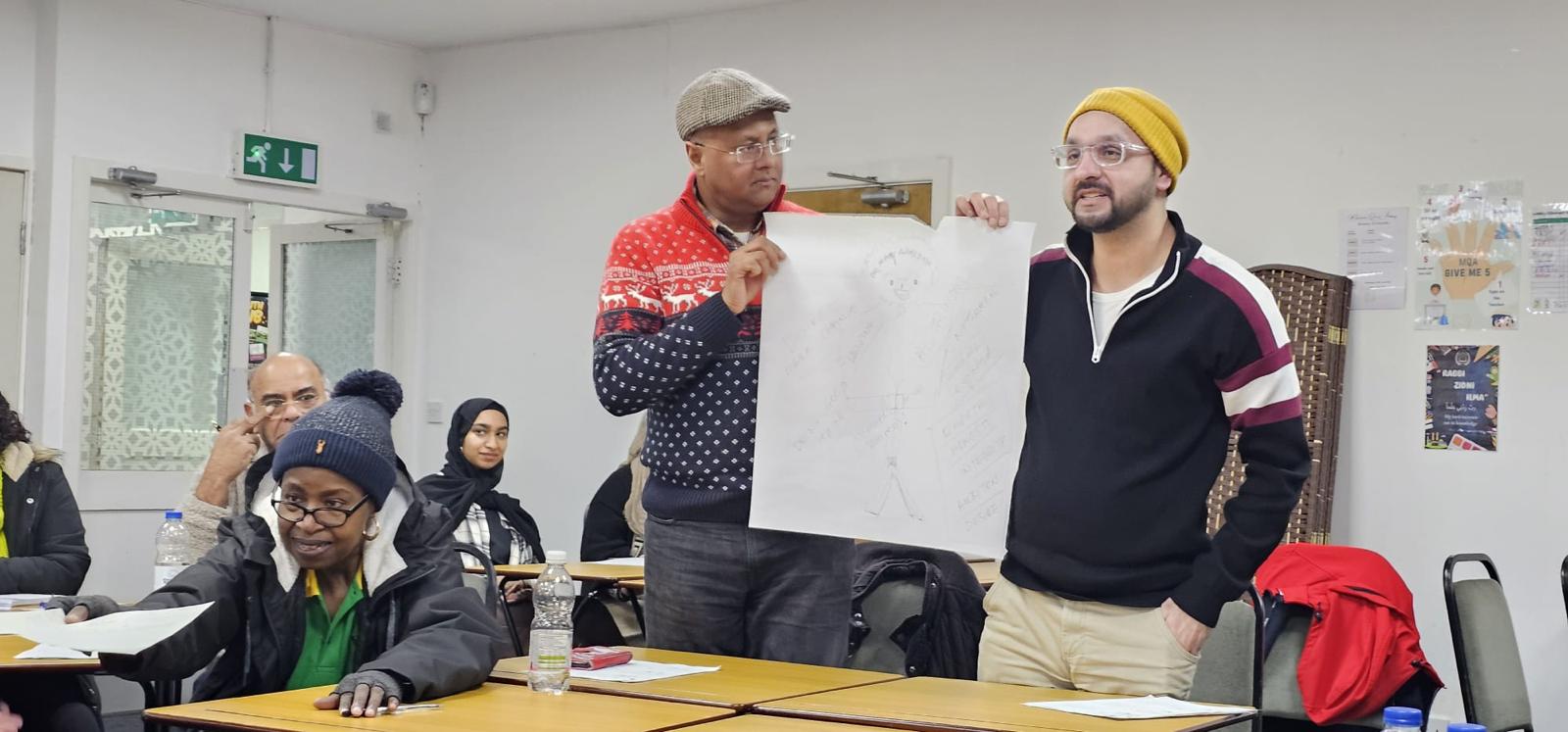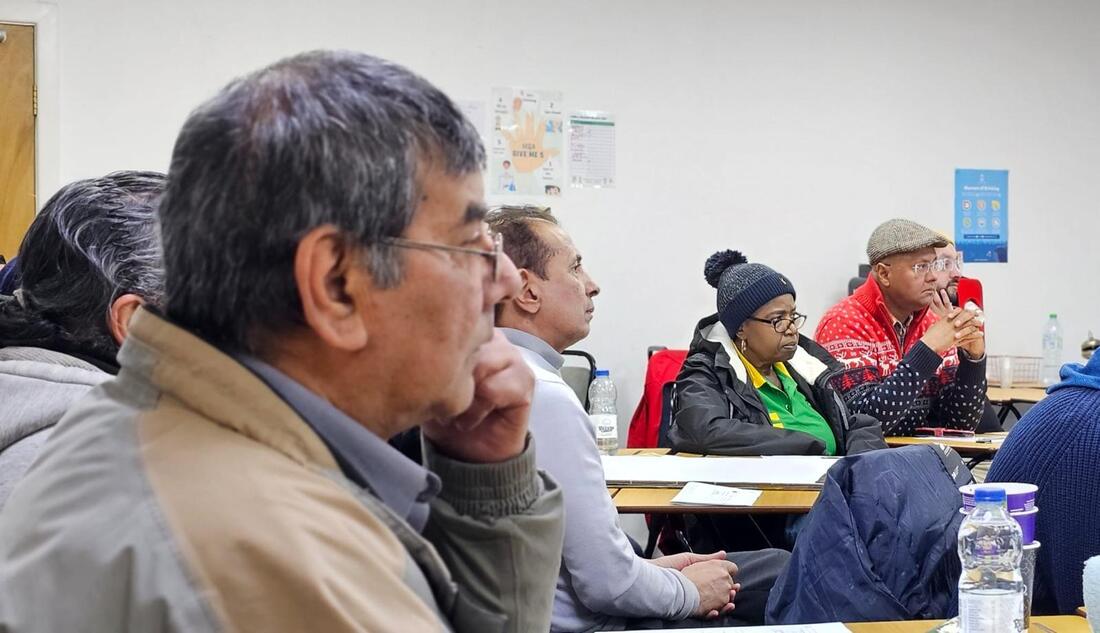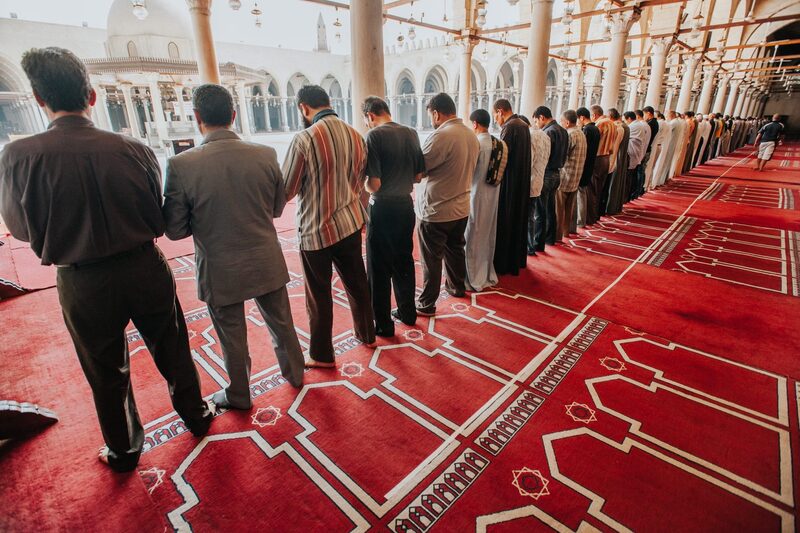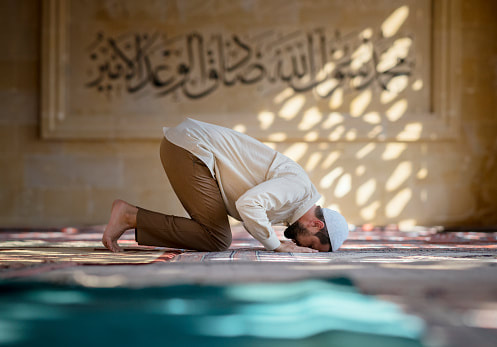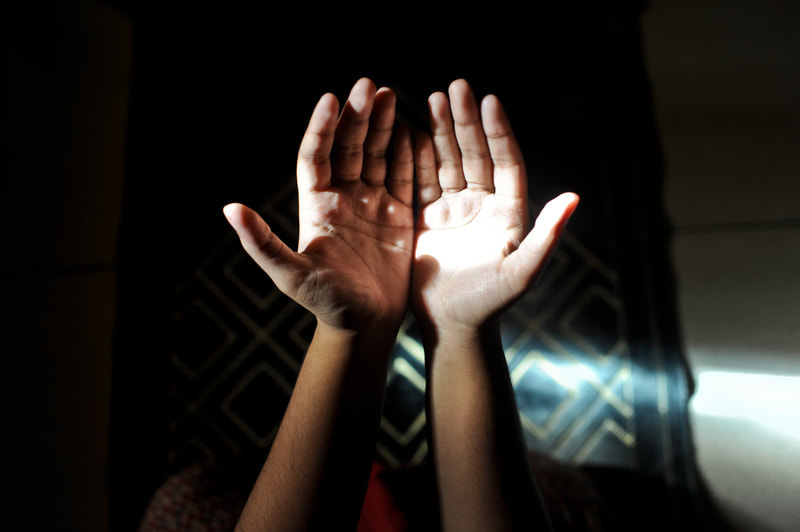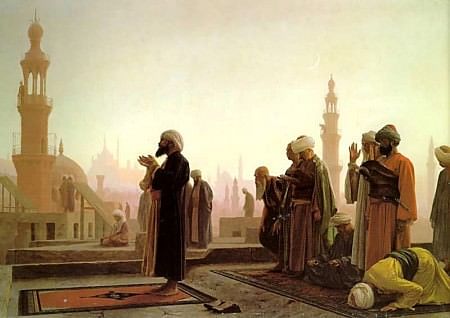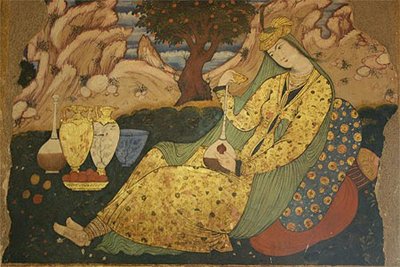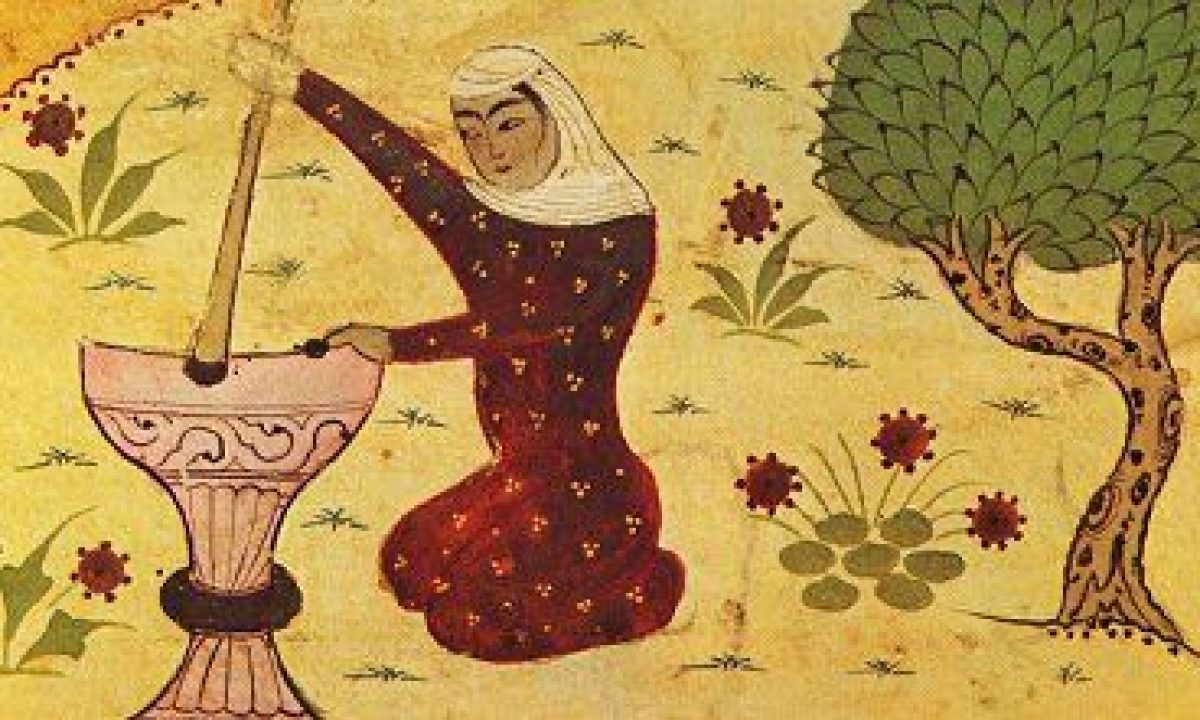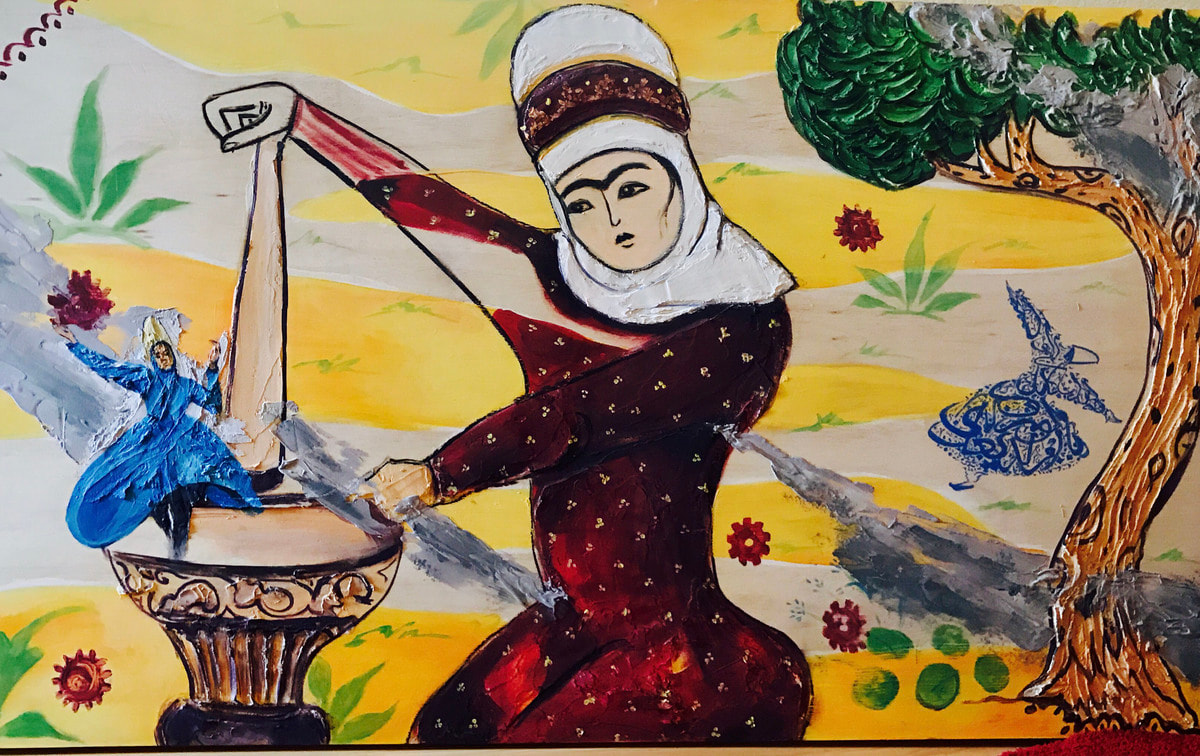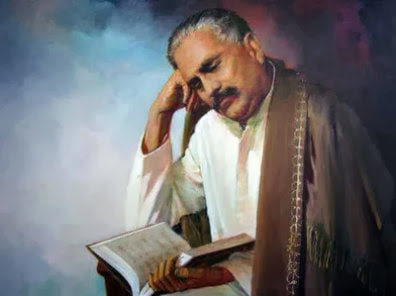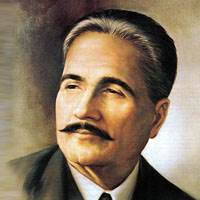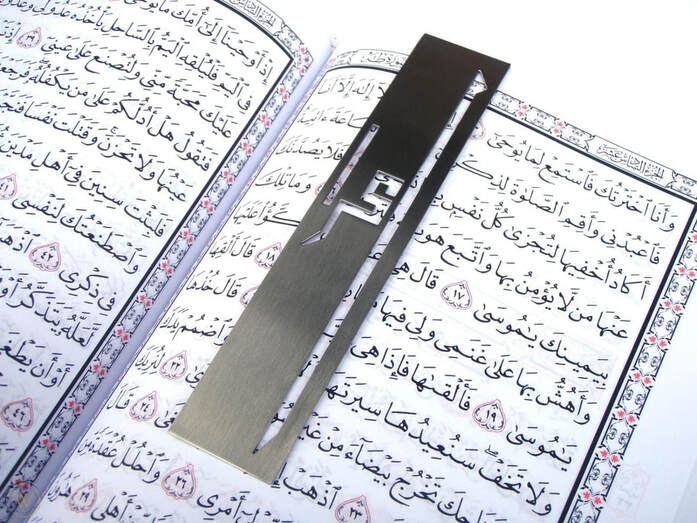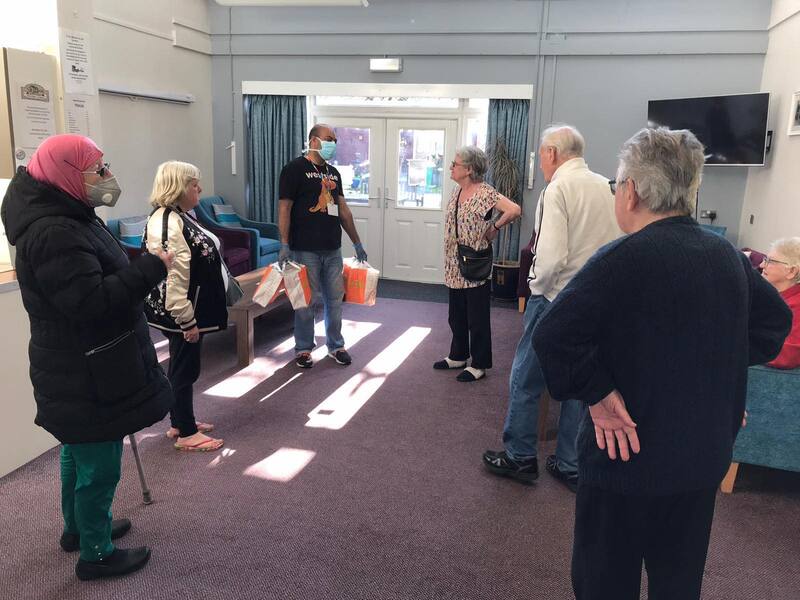|
The Health Creators' Workshop is a partnership initiative between Guidance Hub, Manchester Settlement and The Creative Alliance. The workshop took place on a blustery Saturday afternoon, January 20, 2024, at the Guidance Hub on Waterloo Street, Manchester. The primary goal of the workshop was to acquaint participants with the crucial role of health creators and how they can actively contribute to addressing health issues within their local communities. Despite the challenging weather conditions, nearly 50 participants attended the workshop from a diverse background. Maqbul Rose thanked the Guidance Hub team in organising the workshop and looked forward to working with them on this project and future initiatives. She then went on to elaborate on the role and responsibilities of health creators. Maqbul Rose, the Health and Wellbeing Manager at Manchester Settlement, commenced the workshop by providing an overview of her role and outlining the funding structure for the health creator's project, along with a detailed project plan. Before delving into her presentation, she facilitated a round table discussion to discern participants' perspectives on what constitutes an ideal volunteer. Responses encompassed qualities such as patience, effective communication skills, networking proficiency, and active listening. Participants feedback The Health Creators' Workshop was evaluated through interactive sessions and feedback from participants. The evaluation aimed to gauge the effectiveness of the workshop in conveying information, engaging participants, and inspiring interest in the role of health creators. 1. Informative and Inspiring for Younger Volunteers: "I found the workshop very informative and really helpful too because in the future this could be good for the younger people to be involved in volunteering." (Feedback from a young male participant) 2. Revelation of the 3 Cs: Connection, Confidence, and Control: "I found the concept of the 3 Cs (Connection, Confidence, and Control) of health creators very helpful. I never really considered these when I have been volunteering for many years.“ (Feedback from a female participant) 3. Praise for Presentation and Timing: "It was an excellent presentation; the timing was right, not too long and not too short. The interactive exercises were good. Well done to all the facilitators." (Feedback from a male participant) 4. Aspirations to Become a Trainer: "I would love to be a trainer on this session so that I can train and introduce the concept of health creators to my group that I work with." (Feedback from a female participant) The Health Creators' Workshop successfully achieved its objective of introducing the role of health creators and encouraging community involvement in addressing health issues. Participants left the workshop with a deeper understanding of health creation principles and a sense of empowerment to contribute positively to their local communities.
The Health Creators' Workshop received positive feedback from participants, indicating a successful engagement with the audience. The comments and suggestions provided will be instrumental in refining future workshops and ensuring continued effectiveness in promoting the concept of health creators within grass root communities
0 Comments
The Importance of Salah As highlighted by hadith “Verily, I am Allah! There is none worthy of worship but I, so worship Me and offer establish prayer for My remembrance.” (Surah Taha 20:13-24) “Recite, [O Prophet Muhammad], what has been revealed to you of the Book and establish prayer. Indeed, prayer prohibits immorality and wrongdoing, and the remembrance of Allah is greater. And Allah knows that which you do.” (Surah al-Ankabut 29:45) Abu Hurayrah said. “I heard the Messenger of Allah ﷺ say: ‘If there was a river at the door of anyone of you and he took a bath in it five times a day would you notice any dirt on him?’ They said, ‘Not a trace of dirt would be left.’ The Prophet ﷺ added, ‘That is the example of the five prayers with which Allah removes (forgives) evil deeds.’” (Al-Bukhari, al-Sahih, 506) The Prophet ﷺ also said, “The first matter that the slave will be brought to account for on the Day of Judgment is the prayer. If it is sound, he will be successful, and if it is deficient, he will be distressed and at a (great) loss. If his obligatory prayers are lacking, Allah will say: ‘Look and see whether My slave has any voluntary prayers which may be used to make up what is lacking in his obligatory prayers.’ Then all his deeds will be examined and dealt with in the same way.” (Al-Tirmidhi, al-Jami, 413) In another hadith, it is mentioned: “The key to Paradise is prayer; the key to prayer is wudu.” (Al-Tirmidhi, al-Jami, Chapter 1 Hadith 4) How did Salat (ritual prayer) become an integral part of Islam? The first prayer was the night prayer (tahajjud) which was obligatory. “O you who wraps himself [in clothing], arise [to pray] the night, except for a little. Half of it, or subtract from it a little or add to it. And recite the Qur'an with a measured recitation.” (Quran 73:1-4) It is reported that the Muslims prayed the tahajjud prayer for a year until it was abrogated and made optional. The books of seerah (prophetic biography) mention that the Muslims used to pray 2 units of ritual prayer at dawn and 2 units just before sunset. Opinions differ whether these 2 prayers were obligatory or optional. Then the Miraculous Night Journey and Ascension (al-Isra wa al-Mi'rāj) occurred around 2 years before the migration to Madinah. The 5 daily prayers were made obligatory during this supernatural event. Each prayer was 2 units each and Maghrib was 3 units. The final stage was an increase in the units. ‘Aisha RA narrates, “Ritual prayer was made obligatory as 2 units. The Prophet then migrated to Madinah where it became 4 obligatory units, but while travelling prayer remained as it had originally been.” Al-Bukhari, al-Sahih, 3935 & Muslim, al-Sahih 685) How to Pray Salah Download the file below for a complete step-by-step guide for Muslim men and women on how to perform the daily salah.
Who is Rabia al-Adawiyya? Rabia was an 8th century female saint who was known for her devotion to God and ascetic lifestyle. She is more commonly known as Rabia al-Basri. The Glad Tiding
The father of Rabia wasn't a man of wealth but always remained content with God's decree. He disliked asking others for provisions, however, one day his wife asked him to go and borrow from their neighbours. To avoid arguing, he left and knocked his neighbour's door but left before anyone could answer it. When his wife asked what happened, he responded that the door didn't open. Later that night, he was upset for he felt he failed in his responsibility to provide for his family. That very night, the Prophet ﷺ came into his dream and understood he was in a state of distress. The Prophet ﷺ said to him, "Do not grieve for the girl born to you is exceptionally fortunate and pious." The Governor of Basra Continuing from the dream, the Prophet ﷺ then instructed Rabia's father to present a letter to the Governor of Basra which read: "Every night you recite 100 Salawaat upon me ﷺ and on every Friday you recite 400. Last Friday, you forgot to recite the 400 Salawaat." The following day, he requested an audience with the Govenor and said, "I have a message for you from the Prophet ﷺ." When the Governor read the letter, he was overjoyed for the Prophet ﷺ had acknowledged and received his recitation of salutations. WIthin the letter there was a condition for the Governor which was he had to give 400 Dinars (gold coins) to Rabia's father. Out of his happiness, the Governor distributed 10,000 Dirhams to the poor. Devotion to God After the passing of her parents, Rabia was enslaved. She was purchased as a manual labourer. After gruelling daytime work, Rabia would spend her nights in worship and often fast during the day. One night, her master heard her voice whilst she prayed. She said to God: "O my Lord, Thous knowest that the desire of my heart is to obey Thee, and that the light of my eye is in the service of Thy court. If the matter rested with me, I should not cease for one hour from Thy service, but Thou hast made me subject to a creature." Upon hearing this, the master decided it was sacrligious to keep such a saint in his service and chose to serve her. He granted Rabia freedom as she chose to continue her worship in solitude. Who is Junayd Baghdadi
Junayd was a great man of God whose rank was exalted by the Prophet ﷺ and placed amongst the Awliya (Friends of God). He became an orphan at an early age therefore was taken in by his uncle, Shaykh Sirri Saqti. The Holy Lands Encounter At 7 years old, he travelled with his uncle to the Holy Lands. When they reached Makkah and the Haramain, 400 scholars were present and were discussing the topic of “Shukar” (gratefulness). His uncle turned to him and said “O Junaid, you should say something too.” He lowered his gaze for a few moments and then said, “Shukr is this, that you should not be disobedient through whatever bounties Allah has blessed you with, and you should not use it as a means of disobedience and causing distress.” Upon hearing this, the scholars proclaimed in unison, “O coolness of our eyes, whatever you have said is the truth, and you are honest in your words, we cannot say better than what you have said.” When asked by his uncle, “O dear son, where did you learn this?” He replied, “This is through the blessing of your esteem companionship.” The Story of His Sainthood (Wilayah) Prior to sainthood, Junayd was a skilled warrior and an undefeated world-renowned wrestling champion. One day the King of Baghdad issued a challenge, “Today, if any man defeats Junaid, I will give him whatever he asks.” A man came forth and accepted the challenge. The crowd gasped in shock for the man was feeble and weak. So weak that his skin was hanging off his bones. The King remarked “It seems that death is calling him. How will he beat Junaid? He won’t withstand a slap.” The man remained firm in his call, he wanted to fight. The Conversation The fight became official and Junayd entered the arena. Just before the fight took place, the man whispered into Junayd's ear. He said “Everyone is right, I cannot withstand your strike but I have no choice. I have two daughters who are ready for marriage but I own nothing. In my shame, I wish to die. I either jump into the ocean or die by your hands.” Junayd replied, “If you need wealth, go ask the King and he will help.” The man responded “I cannot ask anyone for anything. I am from the offspring of the Prophet ﷺ, a Sayyid, it is forbidden for me to ask. Now, you can lose and sacrifice your honour of the world but you will gain honour in the court of the Prophet ﷺ.” The Choice Junayd pondered over the offer. If he lost, he would lose his fame and reputation. If he won, with what face would he face the Prophet ﷺ? The whistle blew and the fight commenced. To avoid suspicion, Junayd displayed some finesse in his manoeuvres but allowed himself to be pinned. The man mounted his chest and was victorious. After succumbing to his first loss, the people disowned Junayd. When he arrived home, he began crying but his heart was content. That night, the Prophet ﷺ came to him in a dream and said, “O Junayd! You sacrificed your honour and kept the dignity of one of my sons. As of today, your name is raised amongst the Awliya.” Response to the King The next day, the King summoned Junayd and said, “O Junayd, we know you. No man can compete with you and yet yesterday you hardly fought. Tell me this, why did you fall and let the man beat you?” Junayd responded, “I am not Shimr who stands on the chest of the offspring of the Prophet ﷺ. The man was a Sayyid so how could I stand upon his chest? Yes, I sacrificed my honour for the sake of the Prophet ﷺ and from today I need not wrestle. From today, I shall spend my life in the love of the Prophet ﷺ.” Who is Nizam al-Din Awliya?
A 13th century Chishti saint who originated from Badayun and later emigrated to Dehli. Nizam belonged to the Ahlul Bayt (Descendant of the Prophet ﷺ) through the lineage of Ali al-Naqi. He studied with various prominent scholars and became a disciple of Baba Fariduddin Ganjshakar. Baba Fariduddin's Heir In the year 664 AH, on the 13th of Ramadhan, Baba Fariduddin gave Nizam his 'Khilafah' (Inheritance of the Path) aged 23. He said, "You (Nizam) will be a tree under whose cool shade, all of humanity will find a cure." The symbolism of Nizam al-Din being a tree was that a tree discriminates against none and it is a source of shade/sustenance for those who come to it. This metaphor becomes a reality later when Nizam al-Din returns to Dehli. Denouncement of the World (Dunya) A key attribute of Nizam al-Din was that he had a strong aversion to associating with rulers and it then became a part of his teachings. He said, "do not approach the doors of kings. Seek no recompense from them." If a letter was sent by the king, he would leave it unopened and would remain apolitical. As Nizam grew in popularity, the sultan would send spies to investigate for he felt his political status was threatened. The King's Letter Alauddin Khilji, the ruler of Dehli at the time, wished to meet Nizam al-Din but was refused. Nizam said to him, "In this Khanaqa (Institute), there are two doors. If you enter from one, I will leave through the other." One day, Alauddin arrived at the Khanaqa unexpectedly but was refused entry. He took a piece of paper and wrote, "What is this? At the palaces of kings, aides and servants are found. Yet, I find aides and servants at the doors of the Faqirs (Ascetics). What is the difference between kingship and ascetism?" The epistle was delivered to Nizam, who replied, "The aides at the doors of kings refuse entry to the poor and needy. The aides at our doors refuse entry to the likes of kings." The Khanaqa was a place for the destitute to reside and take provisions. No-one was ever turned away and didn't leave except their need was fulfilled. After expressing his desire to view the Khanaqa, Alauddin was granted entry. The King's Visit Alauddin was shown around the Khanaqa and witnessed the generosity of Nizam al-Din, in particular the Langar (open feast). He was then shown the horses stable. The shackles were made from silver and the chains tied to the horses' feet were made from gold. To Allaudin's amazement, he wrote again to Nizam al-Din with, "What is this? Kings possess gold and silver and so do ascetics? What is the difference between kings and ascetics?" Nizam replied, "The difference is that kings carefully conceal away their treasures and the ascetics place it around the feet of horses." Who is Iqbal? Muhammad Iqbal was a great poet and philosopher. His main concerns were the thoughts, ideas and conditions of the global Muslim community, in particular the Indian Muslims under British rule who were threatened by a Hindu majority. Literature
The pen of Iqbal is symbolic of true love and devotion. His intellect and depth are found in his writings. Iqbal was hugely inspired by Mevlana Rumi and considered him as his spiritual guide. He has authored many works which are still very relevant today such as "The Reconstruction of Religious Thought in Islam" and "Bang e Dara". Poetry During that era, Ghalib was a renowned poet but the honour and prestige given to Iqbal were far greater. Someone asked him about the sweetness of his words. Iqbal replied, "I recite 125,000 salutations upon the Prophet ﷺ. Khudi Iqbal is famous for the concept of "Khudi". Khudi refers to the inner self of an individual and how we should nurture it to realise our full potential. In a poem, Iqbal writes: "The path to God is hidden in Khudi, find it! O the one who has neglected, This is now the way of your salvation and reawakening!" A Lasting Legacy Many of us know Iqbal as one of the forefathers of Pakistan. He argued that Muslims should create a nation of their own, free from British influence. He also pushed for Arabic to be the national language for it was the language of our Beloved ﷺ but also so sub-continent Muslims could access books of religion, history and literature. He was a firm believer that the youth inherit the roles of leadership and guidance for each community and nation. He, therefore proposed that the Prophetic Characteristics (Shama'il) should be a compulsory part of the school curriculum. Sadly, Iqbal's vision of Pakistan did not come to fruition. However, we learn many lessons from his books and teachings. “We send down of the Quran that which is healing and mercy for the believers“ (Quran, Al-Isra 17:82) In November 2020 we partook in an initiative to fund and purchase Quran Cubes for local hospitals. Alhamduillah with the support of our generous community we managed to purchase 70 of these devices which provide recitation of the Quran continue to be used for Muslim patients who are towards the end of life, suffering from coronavirus and those who have no family.
Imam Fazal Hassan, Muslim Chaplaincy Co-ordinator, said: “We were delighted to receive these donations, which go a long to provide the emotional support and spiritual healing for our Muslim inpatients. “Having prayers and Quran recitation played next to their beds, particularly during the pandemic whilst visitor restrictions are in place, and some patients are generally too weak to pray for themselves, can make a big difference.” “The project gives patient’s relatives a great sense of relief and comfort knowing their loved ones are being supported in their faith. We’ve received feedback from staff, recalling that when families have heard the Quran being recited during their video calls, they have become overwhelmed by this gesture from our staff”, added Imam Fazal. “I would like to express how comforting our patients find the Quran Cubes during these unprecedented circumstances. Thanks to all involved in the project”, said Jude Harrison, Ward Manager of Reedyford Ward at Pendle Community Hospital Alhamdulillah this was an opportunity to help our community and ummah in a time of great need and the funds raised were also a means of Sadaqah Jariyah for sister Assia Shah, the chaplain at North Manchester General Hospital. She initiated the Quran Cube project just a few days before her passing. She was a very valuable sister who helped the Muslim community in hospitals and worked with us at Guidance Hub to provide us with the opportunities to help the patients. May Allah Almighty grant her the highest ranks in Al-Jannah and may He SWT accept everyone contributions, Ameen. Original source: Signatora | 13th August 2020 There have been bookmarks ever since there have been books to mark. East to West, there is evidence of bookmarks from before books were printed. The older bookmarks tended to be made from leather, attached by a leather strap to an early book form known as a codex.
Leather remained a popular form of bookmark for some time, mainly because bookmakers could use the same material as they used to cover their masterpieces. As the printing press took off in Europe, silk ribbons became the most popular way of marking one’s place. These also came attached to the book. In the Victorian and Edwardian era, as the practice of bookmarking became more popular, companies would mass-produce them as an advertising strategy. These paper bookmarks are primarily responsible for the commercial bookmarks you find in stores today, in any style, and made from almost any material you can imagine. Some bibliophiles love bookmarks and keep one with them in every book they’re reading. Others use any scrap paper they can find. And then there are the dog-earers. Each camp, the bookmarkers, and the dog-earers, tend to think that theirs is The Way. Bookmarks are the Best – 5 Reasons Why Reason #1: Dog ears get you dirty looks. Dog-earers say that it’s more convenient to fold down the corner of the page, but dedicated book lovers and especially book collectors frown on the practice. That’s especially true if the book is a hardcover, collectible, or new printing. Trust us; if people see you besmirching your pristine new treasure, you won’t gain any friends. At least, you won’t gain any friends that respect books. And aren’t those the only ones worth having? Reason #2: Dog ears are unreliable. We’re not talking about actual dogs’ ears, which are very reliable. We’re talking about what happens when you fold down a corner of a book to mark your place, but something happens. Maybe
Reason #3: Bookmarks preserve a book’s condition. Caring for books means that the book looks just like it did when you started reading when you turn the last page. And whether you dog-ear some of the pages to keep your place or – gasp! – place your book face down on the table; you’re doing something to the book that you can’t undo. Bookmarks keep your book in like-new condition. If you decide to re-sell it or pass it on to a loved one or want to pick it back up again in the future and have that new book experience also, using a bookmark ensures that the structure of the book remains intact. Reason #4: Bookmarks are portable art. Sure, store receipts make convenient bookmarks, but real bookmarks look so much nicer. They have color and style, and they add visual art to your literary art experience. Reason #5: Bookmarks express your personality. Bookmark design is as limitless as a white page. You can even make your bookmarks and give them to your reader friends, or keep them to brighten your day. Or let yourself be drawn to the rack of bookmarks in your favorite bookstore and find one that calls to you. We asked Shaykh Muhammad al-Yaqoubi for his opinion on this matter, “Dog-earing is not a recommended practice, and I have neither done it nor seen it done, it helps to wear out the book at the same time it is not advisable to leave bookmarks in the book beyond reading the book. Over time, they can cause alteration in the colouring of paper and result in the bindings’ loosening. 4th July 2020 marks one year since the historical Sahih al-Bukhari al-Shareef Recital began with Shaykh Muhammad al-Yaqoubi الشيخ محمد اليعقوبي at Ashton Central Mosque, Manchester UK. We're forever indebted to the Shaykh for bringing us Hadith with the highest of authorisations and shortest chains of narration on the face of the earth today. Over 650 Scholars, Imams and students from around the world attended the 11-day retreat to participate in the rare and prestigious event of reciting, teaching and preserving the most authentic version of Sahih al-Bukhari al-Shareef. The event was decorated with a luxurious inaugural publication from Signatora, giving attendees the opportunity to possess Islamic heritage with the reprint of Sultan Abdul Hamid II's authentic edition of Sahih al-Bukhari al-Shareef. The limited-edition copy is available to purchase at www.signatora.com 14th July 2019 marks the completion of the landmark event in the UK. Over 3,000 men and women of various ages including children attended the finale with hundreds tuning in online in the hope of their prayers being answered in the special completion Dua. It was a phenomenal experience, full of tranquillity and blessings which illuminated hearts and transformed all in attendance. The effects of the momentous event are still felt today. The past few months have been a difficult and challenging time for all of us, but particularly for those who are vulnerable. Therefore we made it our commitment to provide vital assistance to the elderly, vulnerable and front line key workers in our community during the pandemic. Continue reading for a round-up of all we've done as part of this campaign. Buying vital supplies for the front line workers at the NHS. A big thank you to Tesco’s Cheetham Hill for assisting us and of course we cannot thank everyone who donated enough, on behalf of all the front line workers who worked tirelessly to get us through this pandemic and continue to do so. Delivering supplies and care packages to front-line workers - we delivered to Manchester Royal Infirmary, NHS Cheetham Primary Care Centre and North Manchester General Hospital, to name a few. Delivering hot meals, Iftar packs and essential supplies to vulnerable families and the elderly. Supporting the homeless community in Greater Manchester during the pandemic, with our regular homeless feeds in the City Centre. A big thank you to local business Alison Law Solicitors for sponsoring one of our feeds in which we managed to feed up to 150 needy people. Our brilliant team of volunteers have gone above and beyond during this critical time and we are truly grateful for their commitment, they are the backbone of the community work we do and we can't thank them enough. Thank you to local business Jungle Grill for their support in providing hot food and meals to those who needed it, as part of our regular food deliveries during our COVID-19 Campaign. We also want to thank our partner charity - International Aid Charity for their support and assistance as part of this campaign. Last but no means least, our biggest thank you is to you.
Upon launch of our campaign we received very generous donations and an incredible outpouring of support. So although this was difficult time, our community really pulled together and this show of solidarity has been a true testament to our kindness, resilience, and for many of us, our faith as well, because one of the key principles of Islam is to help our fellow human beings. May Allah (SWT) allow this to be a means of relief for us in this life and the next. Be steadfast in prayer and regular in charity: and whatever good you send forth for your souls before you, you shall find it with Allah; for Allah sees well all that you do (2:110) |
|||||||
MMXXII © Guidance Hub. Registered Charity (1173081) All Rights Reserved.
